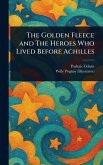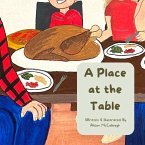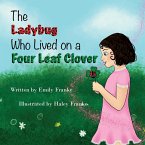"The Old Woman Who Lived in a Shoe: There's No Place Like Home" by Amanda Minnie Douglas is a heartwarming children's story exploring themes of family, home, and the challenges of homelessness. This classic tale, perfect for sharing with loved ones, delves into the importance of belonging and the enduring spirit of community. Set against the backdrop of the Fourth of July holiday, the narrative subtly examines social themes related to poverty, offering young readers a gentle introduction to complex issues. Experience the timeless appeal of this juvenile fiction, a poignant reminder that home is where the heart is, and that even in difficult circumstances, the bonds of family can provide strength and solace. This edition preserves the original charm of Douglas's storytelling, making it a cherished addition to any collection of classic literature. A thoughtful exploration of the meaning of home, especially relevant during holidays and celebrations. This work has been selected by scholars as being culturally important, and is part of the knowledge base of civilization as we know it. This work is in the public domain in the United States of America, and possibly other nations. Within the United States, you may freely copy and distribute this work, as no entity (individual or corporate) has a copyright on the body of the work. Scholars believe, and we concur, that this work is important enough to be preserved, reproduced, and made generally available to the public. We appreciate your support of the preservation process, and thank you for being an important part of keeping this knowledge alive and relevant.
Bitte wählen Sie Ihr Anliegen aus.
Rechnungen
Retourenschein anfordern
Bestellstatus
Storno









